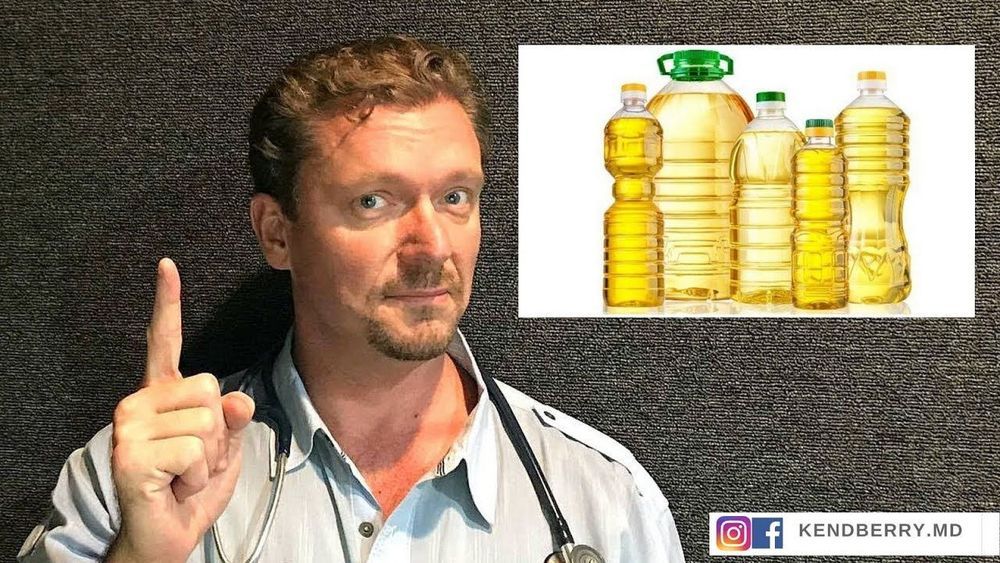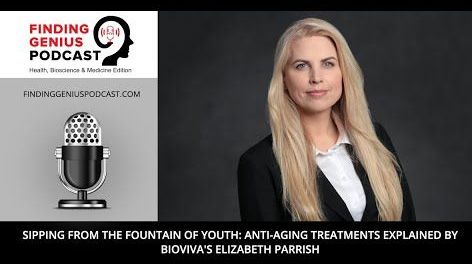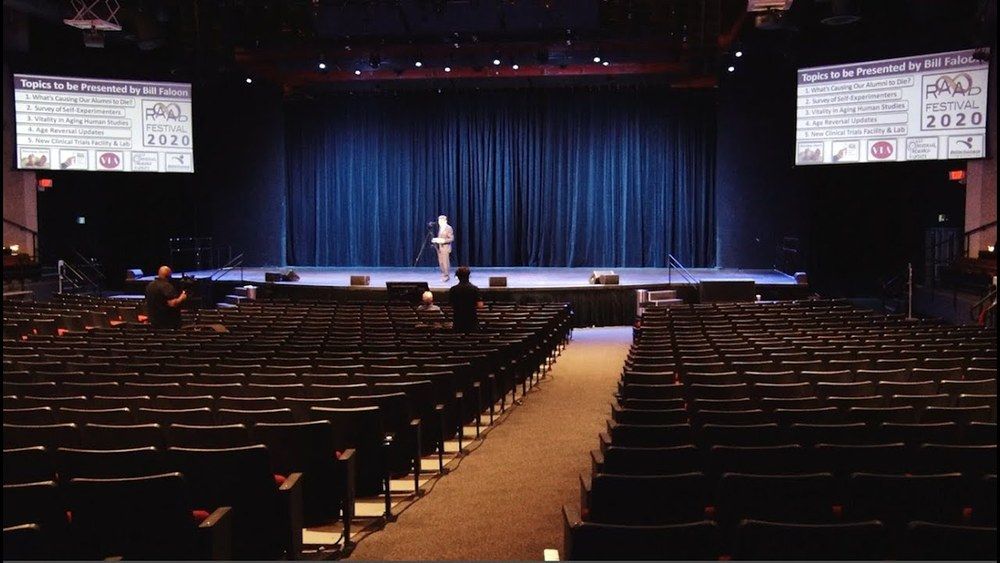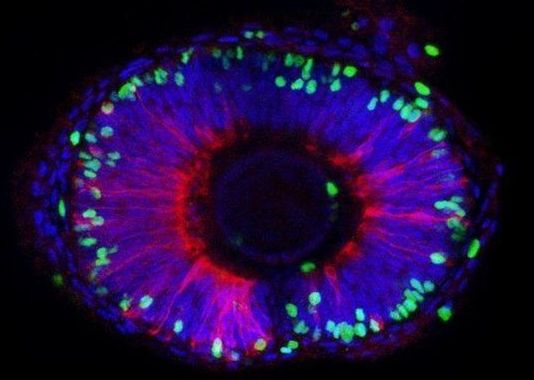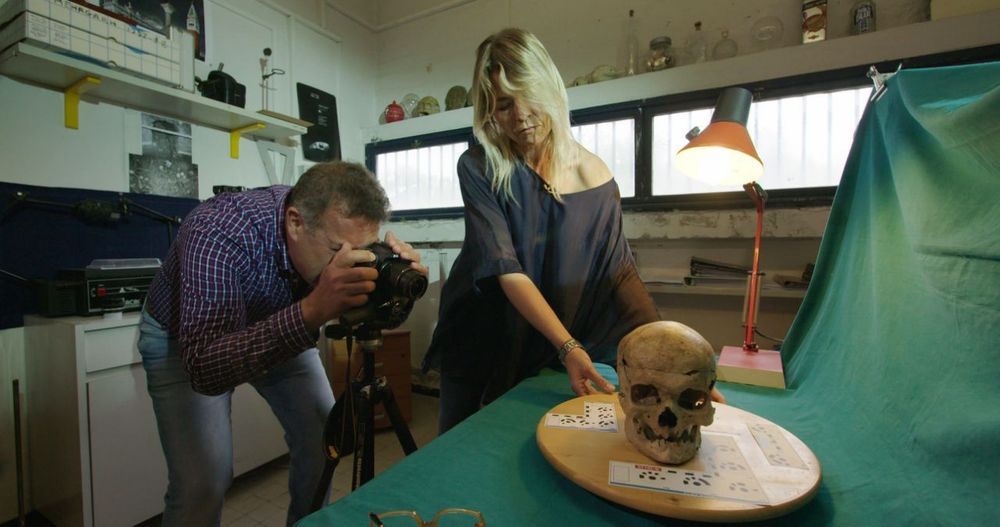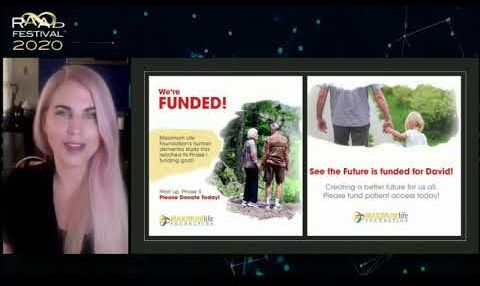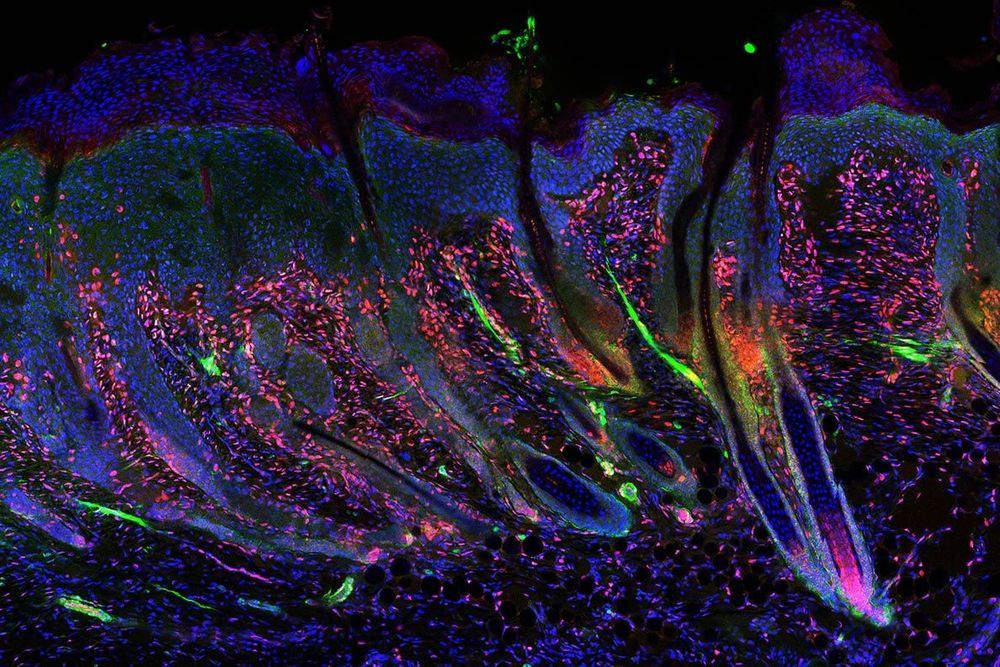Oct 13, 2020
Which Cooking Oils are Safe? (Which to AVOID)
Posted by Steven B. Harris in categories: biotech/medical, life extension, neuroscience
If Dr. Ken Berry actually meant to say that you need to eat saturated fat for your nerves and brain, he flunks Biochem 101. First of all, your body can make all the saturated fat you need out of carbs and proteins. You don’t need to eat ANY saturated fat. Second, the most common fatty acid in your brain is the polyunsaturated fatty acid (PUFA) called DHA, which you DO need to eat, because you can’t make it from non-fats (you need to eat it in things like seafood, or at least the precursor omega-3 PUFA called ALA in cold-climate plants.) Ironically enough ALAis common in Canola oil, which Dr. Berry deprecates, but not in the tropical plant oils he likes. More on that later. A diet with a lot of saturated fat is NOT the best for the heart. The American Heart Association continues to recommend low saturated fat diets (with the missing sat-fat replaced by mono and polyunsaturated fat, not by carbohydrates) because the evidence from animal and human trials and even properly controlled epidemiology, shows these the best diets (see reference below–an extensive review of meta analyses [1]). Examples are the DASH hypertension diet and the closely-related Mediterranean diet (which has lots of olive oil for monounsaturated fatty acid, and seafood for DHA). If Dr. Berrythinks he has something better than the Mediterranean diet for longevity, what is his direct evidence? Saturated fat, of course, is used by the body to make cholesterol (you don’t need to eat any cholesterol for this reason), and it does raise cholesterol levels and it does increase atherosclerosis in nearly every controlled prospective experimental model in animals and humans. This is the gold standard of evidence in medicine.
One can go only so far with epidemiology, because occasionally when one bad thing (saturated fat) is heavily replaced for calories by another bad thing (certain carbohydrates) one detects no epidemiologic effect from changing just the first thing.
Continue reading “Which Cooking Oils are Safe? (Which to AVOID)” »
